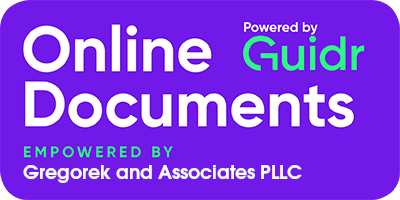Blog
Inheritance Planning with Family Heirlooms
Inheritance planning involving family heirlooms carries both sentimental and practical significance. These cherished items, often passed down through generations, hold deep emotional…
Addressing a Spouses’ Mental Health in Estate Planning
Addressing mental health in estate planning, especially in the context of spouses, is a significant and sensitive aspect that should not be…
Selecting a Guardian for Your Minor Children
Selecting a guardian for minor children is one of the most crucial decisions parents can make in their estate planning. It is…
Choosing a Trustee: Individual or Corporate?
When appointing a trustee for a trust in your estate plan, you have the option to choose either an individual trustee or…
Addressing Your Child’s Mental Health in Estate Planning
Incorporating mental health considerations into estate planning for children is an essential aspect of ensuring their well-being and financial security, especially in…
A Basic Overview of Revocable and Irrevocable Trusts
Revocable and irrevocable trusts are common types of legal arrangements used in estate planning, each with their unique characteristics and purposes. Here’s…
An Estate Plan Keeps You in Control
An estate plan is a powerful tool that allows you to maintain control over various aspects of your financial and personal affairs,…
Estate Planning: Considering Life Insurance
Life insurance can play a valuable role in estate planning for many individuals and families. It serves as a financial tool that…
Safeguarding your Future with a Power of Attorney
Life is full of uncertainties, and as we navigate its complex journey, there may come a time when we are unable to…
Protecting Assets for Children or Beneficiaries with Special Needs
Protecting assets for children or beneficiaries with special needs is a critical consideration in estate planning. Special needs individuals may rely on…
